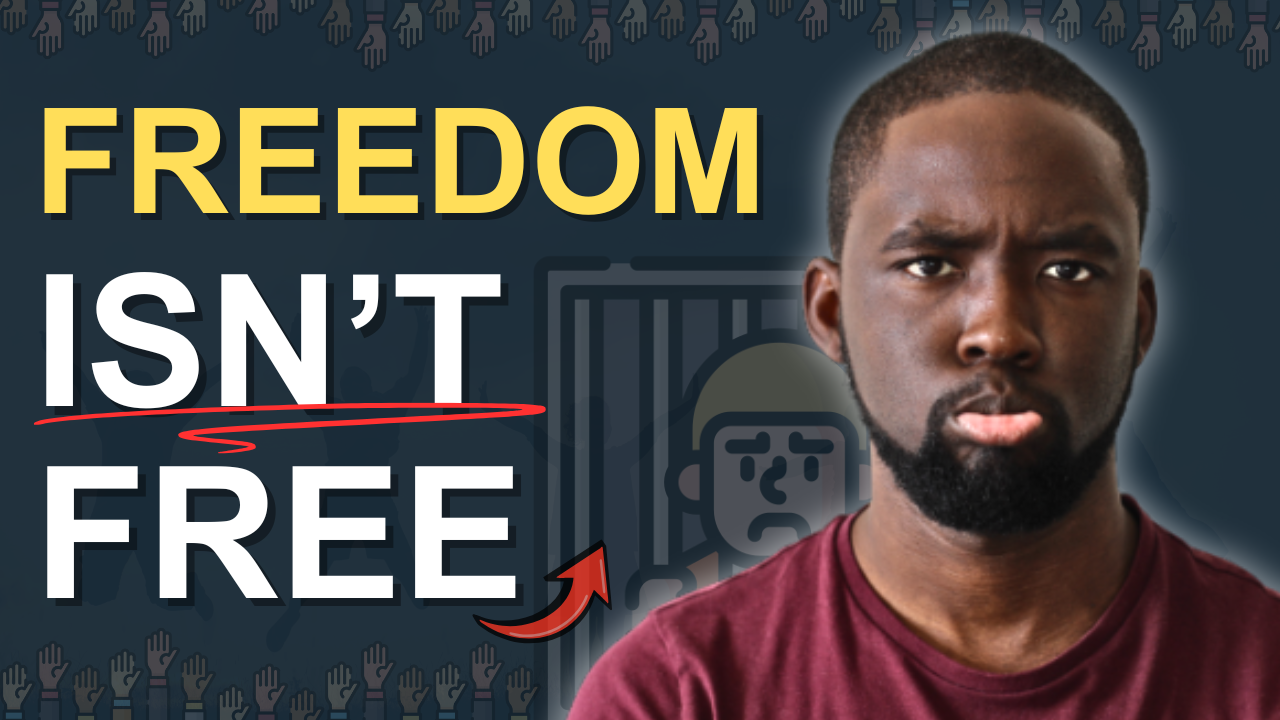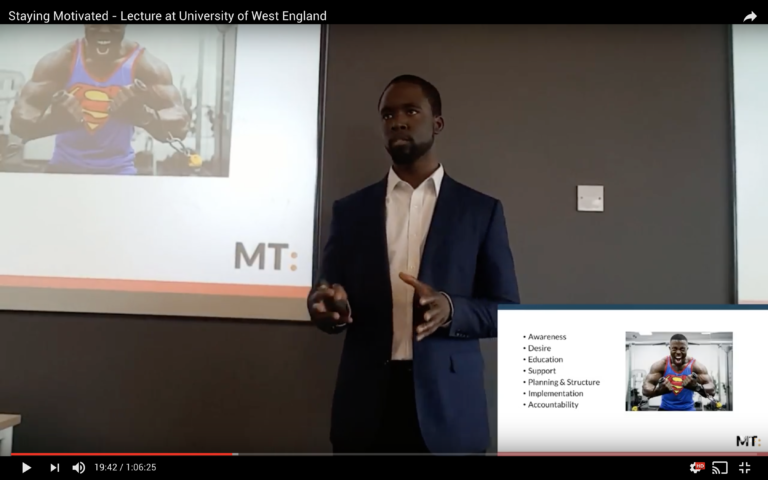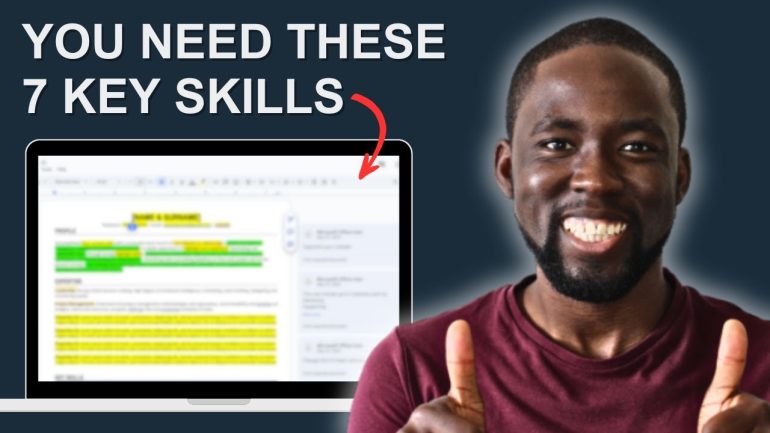The Real Price of Freedom: What They Don’t Tell You About Going Independent
When I first stepped into the world of independence, I imagined one thing: freedom. No more long commutes. No more endless meetings that led nowhere. No more waiting for permission to make progress.
For a while, that sense of control felt incredible, like walking into fresh air after being cooped up for years. But over time, reality set in. The silence between projects. The pressure of chasing invoices. The moments of self-doubt that creep in late at night. That’s when I realised something crucial: freedom isn’t free. It demands emotional, financial, and mental strength, things people rarely talk about before taking the leap.
In this reflection, I want to share what those hidden costs look like, why they matter, and how you can prepare yourself to handle them long before you leave your job behind.
The Hidden Costs of Independence
Everyone talks about “being your own boss” like it’s the ultimate dream. But the truth is, when you leave a nine-to-five, you also leave your structure, your community, and your safety net.
When I started consulting, I remember walking into client offices (occasionally) and instantly feeling like an outsider. You’re there to deliver results, yet you’re not part of the team. Conversations often stop when you walk in. You’re respected for your expertise, but rarely included in the inner circle. That quiet exclusion can sting if you’re not prepared for it.
Then there’s decision fatigue. You’re no longer just the consultant, you’re also your own accountant, marketer, and emotional support system. Every decision, from setting your rates to following up on payments, lands squarely on your shoulders.
And when the contracts slow down or a client delays payment, the reality of independence hits hard. There’s no sick pay, no HR department, and no guaranteed income. Just you, your skills, and your resilience.
Freedom Needs a Framework
After years of navigating this space, I’ve realised that true independence only works when it’s supported by discipline, specifically, emotional, financial, and mental discipline.
1. Build Small but Strong Communities
Working independently can feel lonely, so don’t try to go it alone. You don’t need hundreds of contacts; you need a few genuine ones. Create a circle of like-minded consultants, mentors, or peers, people you can talk to openly and learn from. This is what helped me cope and confirm things with other people.
2. Act Like Your Own CFO
Before you go independent, build a safety net of at least six months’ expenses. This isn’t easy for many, so do what you can – commit to putting aside your day rate each week, or something to that effect. Set up business insurance to cover you for professional indemnity, public liability and IR35 status. Write clear contract proposals that define what is in of scope and out of scope. And build predictable income streams as best as you can. Treat your finances with the same seriousness as a business owner would because that’s exactly what you are.
3. Strengthen Your Professional Identity
You’ll face moments of self-doubt, especially early on. The antidote isn’t blind confidence, it’s competence. Know your methods, and if you forget, update yourself. I always fall back on my MSP© understanding if I’m facing a problem. Keep track of your wins by employing the PAR framework. Ask clients for testimonials to define what you have done well, what could have been improved, and any other comments. Every project you complete becomes a story of your capability and credibility.
How to Prepare Before You Leap
If you’re considering independence, prepare like a strategist, not a dreamer. Here’s where to start:
- Run an independence audit. Ask yourself if you have the skills, network, and financial buffer to last six months without income. This will open your eyes.
- Build your advisory circle. Include an accountant, a legal advisor or an equivalent, and a couple of experienced consultants who can offer real-world advice.
- Develop your frameworks. Know exactly how you solve problems. Create templates for proposals, statements of work, frameworks, methodologies and onboarding.
- Secure your first client before you resign. Even a small contract will teach you more about the realities of independence than months of research. I appreciate not everyone has the luxury of doing this, but if the opportunity arises, take it.
- Protect your energy. Structure your days with focus blocks, rest periods, and reflective routines. Freedom without rhythm quickly turns into burnout (I used this approach to help me do this)
Remember, independence doesn’t mean doing everything alone. It means taking full ownership of your choices.
The Market Is Shifting
The move towards independence isn’t just a personal choice; it’s a reflection of our times. Over the last twenty years, we’ve faced financial crises, pandemics, political upheavals, and now the rise of artificial intelligence. Each event has chipped away at people’s faith in traditional employment.
Today’s professionals aren’t running from responsibility; they’re running toward autonomy, meaning, and mastery. But autonomy without structure leads to chaos. The next generation of successful consultants will be those who can balance freedom with foresight.
Conclusion: The Investment of a Lifetime
Freedom costs more than most people imagine. It demands your time, discipline, and resilience, but it rewards you with something extraordinary: the power to choose.
When you manage the emotional, financial, and mental side of independence, it stops being a struggle and starts becoming deeply fulfilling.
So before you make your move, pause and ask yourself:
Are you chasing freedom, or are you ready to take responsibility for it?
Understand. Reach. Expand.
Peace.







